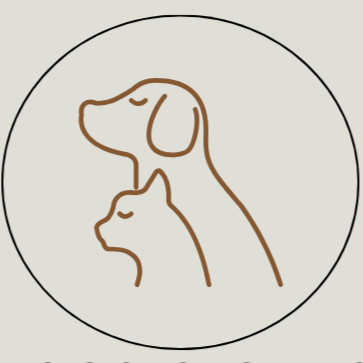Introduction:
A well-balanced diet is the foundation of your pet's health and happiness. Feeding your furry friends the right nutrients helps them thrive, stay energetic, and live longer. In this blog post, we’ll explore the essentials of pet nutrition and share practical tips to ensure your dog or cat gets the best care. At Dogs & Cats, we provide high-quality food options to meet your pet's unique dietary needs.
1. Understanding Pet Nutrition Basics
Just like humans, pets need a balance of proteins, carbohydrates, fats, vitamins, and minerals to stay healthy. Dogs are omnivores, benefiting from both meat and plant-based ingredients, while cats are obligate carnivores, requiring more animal-based proteins. Make sure to choose food specifically designed for your pet's species to meet these requirements. Explore our range of species-specific pet food options to get started.
2. Age-Appropriate Feeding
Pets’ nutritional needs change as they grow. Puppies and kittens require food rich in calories and nutrients for development, while adult pets need balanced diets to maintain their energy and health. Senior pets often need food that supports joint health and is lower in calories. At Dogs & Cats, we offer specialized formulas for pets of all life stages.
3. Addressing Special Dietary Needs
Some pets have unique dietary requirements due to allergies, medical conditions, or sensitivities. Whether your pet needs grain-free food, hypoallergenic options, or a specific protein source, it’s crucial to consult your vet and choose the right diet. Check out our selection of specialty diets tailored to your pet’s needs.
4. Portion Control and Preventing Obesity
Overfeeding is one of the leading causes of obesity in pets, which can lead to health problems like diabetes and joint issues. Follow the feeding guidelines on food packaging and adjust portions based on your pet's weight, activity level, and age. Consider using portion-control feeders or food scales, available at Dogs & Cats, to ensure accurate serving sizes.
5. Hydration is Essential
Fresh water is just as important as a balanced diet. Ensure your pet always has access to clean water, especially if they eat dry kibble. Cats, in particular, may need encouragement to drink more water—using pet fountains can help. Browse our selection of water bowls and fountains designed to keep your pets hydrated.
6. Healthy Treats and Snacks
Treats are a great way to reward your pet, but they should make up no more than 10% of their daily calorie intake. Opt for natural, low-calorie treats that align with your pet’s dietary needs. Dogs & Cats offers a variety of healthy and delicious treat options to keep your pet happy without compromising their health.
7. Transitioning to a New Diet
When switching to a new food, make the transition gradually over 7–10 days to avoid digestive upset. Mix a small amount of the new food with their current food, gradually increasing the proportion of the new food while decreasing the old. Our team at Dogs & Cats can help guide you in selecting the best options for your pet’s transition.
Conclusion:
Feeding your pets a nutritious diet is one of the best ways to ensure their health and happiness. By understanding their unique dietary needs and making informed choices, you can help your furry friends lead vibrant, energetic lives. Visit Dogs & Cats for premium food, treats, and feeding accessories tailored to your pet’s needs. Together, let’s nourish your pets for a lifetime of love and companionship!




